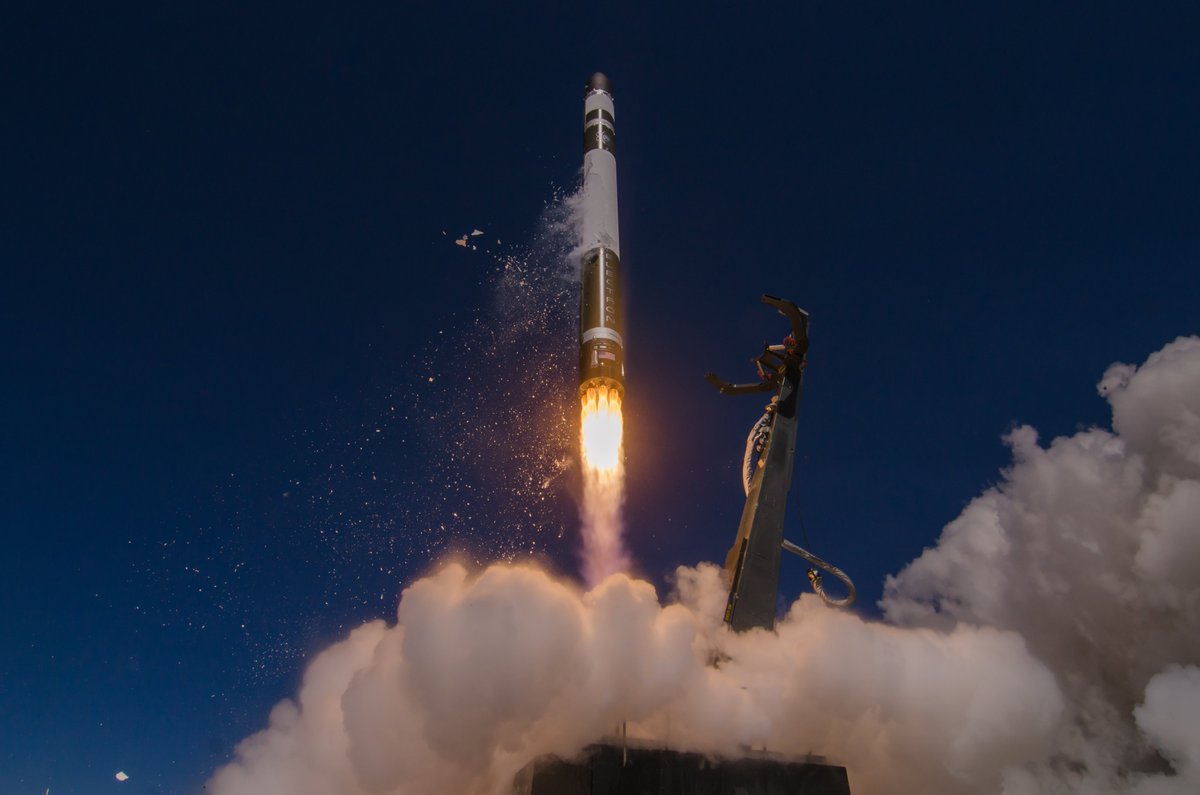Rocket Lab has won a $15.5 million Nasa contract to launch a small satellite to the moon next year.
The tech company will send a satellite into the same lunar orbit targeted by Nasa for Gateway, an outpost to be used by astronauts before descending to the moon's surface.
The Cislunar autonomous positioning system technology operations and navigation experiment (Capstone) is expected to be the first spacecraft to operate in a near rectilinear halo orbit around the Moon.
In this unique orbit, Capstone will rotate together with the Moon as it orbits Earth and will pass as close as 16,000 kilometres and as far as 70,000km from the lunar surface.
- NASA Awards Contract to Launch CubeSat to Moon with RocketLAB
- A US spy satellite just launched from NZ. Here’s what you need to know
- Birds Of A Feather Launch
- Rocket Lab to open a third launch pad — its second in New Zealand
Capstone will demonstrate how to enter into and operate in this orbit as well as test a new navigation system. This data will help to reduce navigation uncertainties ahead of future missions for Gateway, as Nasa and international partners work to ensure astronauts have safe access to the Moon's surface.

Rocket Lab tweeted on Saturday that it was "beyond proud" and "excited to become the dedicated ride to the Moon and beyond for smallsats."
The satellite will be launched on Rocket Lab's Electron rocket from a Nasa facility in Virginia, United States.
A Nasa press release said Rocket Lab will launch the 25 kilogram CubeSat on an Electron rocket. After the launch, Rocket Lab's satellite bus platform, Photon will deliver Capstone on a ballistic lunar transfer. The engine firing will allow the satellite to break free of Earth's gravity and head to the Moon.
Capstone will take approximately three months to enter its target orbit and begin a six-month demonstration phase to understand operations in the unique orbit. The mission is targeted for launch in early 2021.
The launch contract is valued at US$9.95m (NZ$15.5m), Nasa said.
Rocket Lab chief executive Peter Beck said small satellites will "play a crucial role" helping astronauts return from the Moon.
"We're proud to be supporting Nasa in this unique and pivotal mission. As a dedicated mission on Electron, we're able to provide Nasa with complete control over every aspect of launch and mission design for Capstone, something typically only available to much larger spacecraft on larger launch vehicles.
"In the same way we opened access to low Earth orbit for small satellites, we're proud to be bringing the Moon within reach to enable research and exploration."





